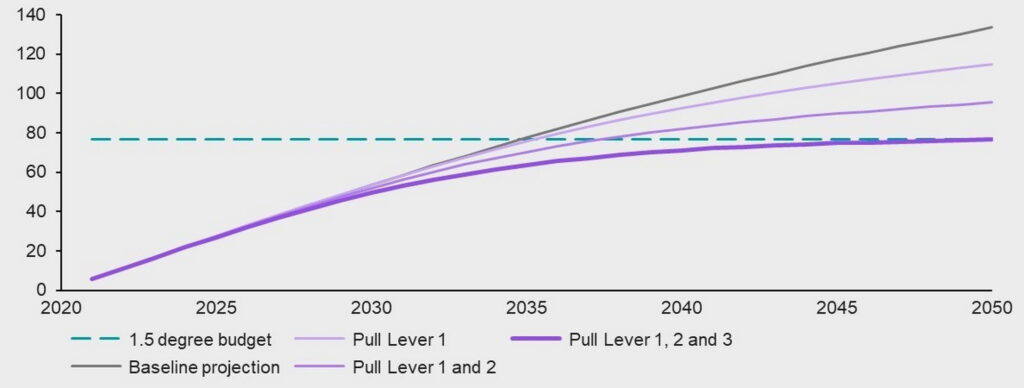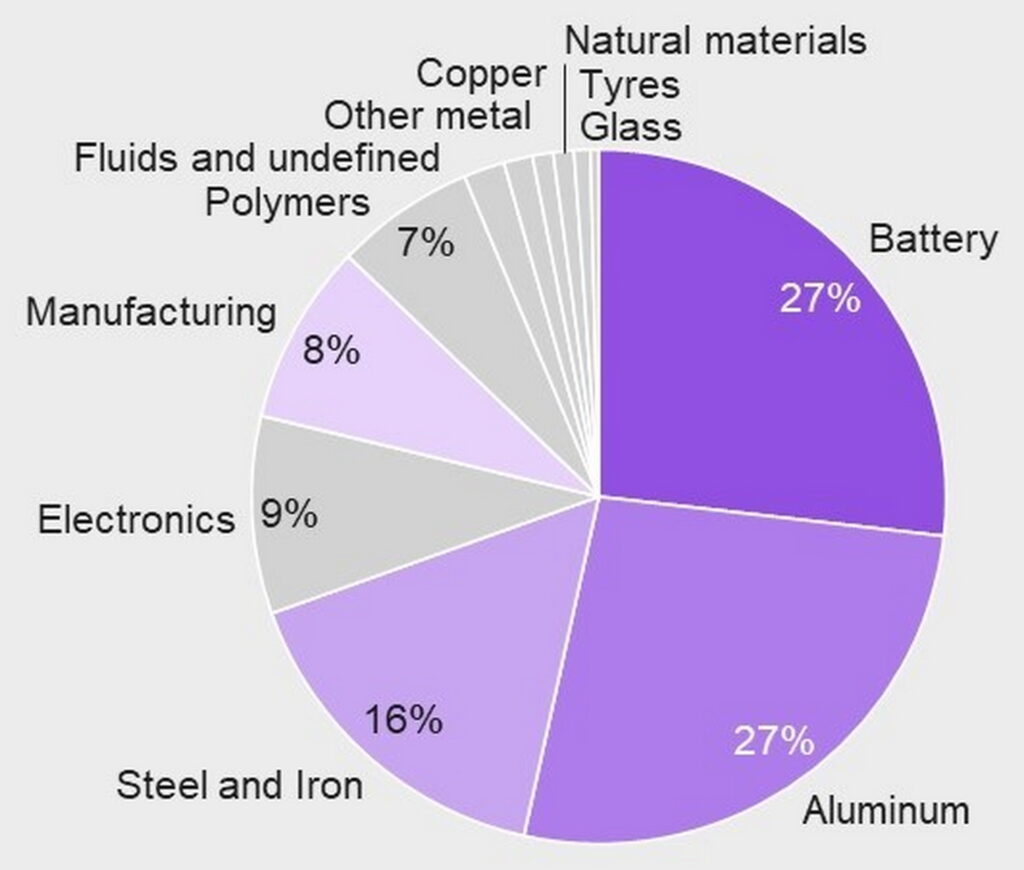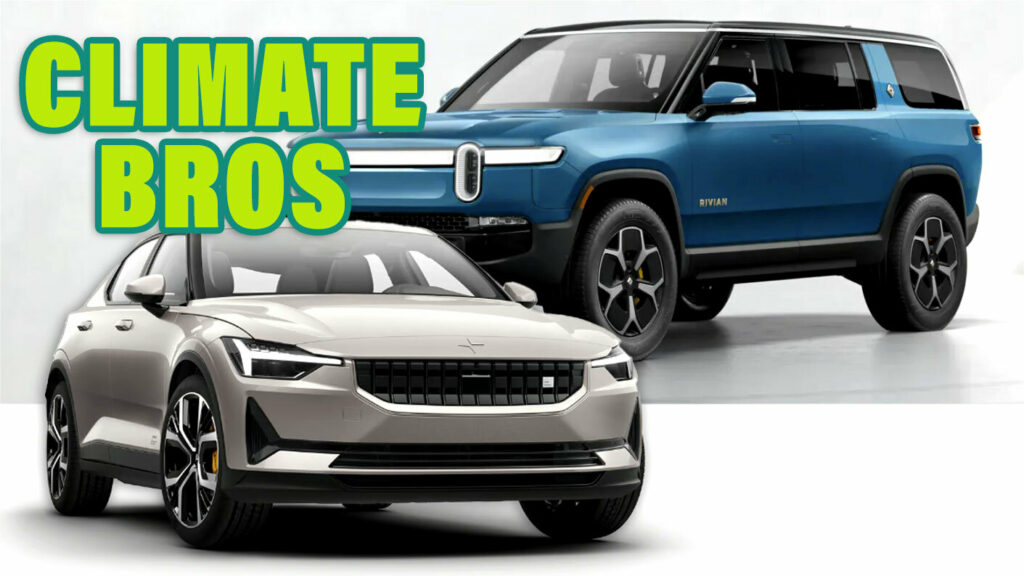The global automotive industry is set to overshoot the Intergovernmental Panel on Climate Change’s (IPCC) 1.5-degree pathway by more than 75 percent by 2050, a new study commissioned by Polestar and Rivian shows.
The EV manufacturers say that the study, written by management consulting firm, Kearney, shows that passenger vehicles currently account for around 15 percent of global greenhouse gas emission.
The IPCC states that, in order for the worst effects of climate change to be averted, greenhouse gas emissions must fall dramatically. Kearney’s study, though, finds that the automotive industry isn’t close to achieving its goal, and will have spent its entire “CO2e budget” by 2035.
“The result of our modelling clearly shows that the industry needs to accelerate the pace of becoming a low carbon industry,” said Angela Hultberg, Kearney’s global sustainability director. “We looked at different scenarios, different data points, and the conclusion is that no matter how you model it, we are far too close for comfort.”

Although the growing popularity of EVs is encouraging, consumers can’t solve this problem on their own. No matter how many of the world’s vehicles are replaced by EVs, it won’t be enough to keep the industry within its carbon budget, the study finds.
Unfortunately, automakers can’t solve this problem on their own, either. According to the study, three “levers” of action must be pulled: EVs need to replace internal combustion vehicles, automakers must reduce the emissions they create during manufacturing, and the world’s power grids must use more renewable energy.
“The report’s findings are sobering,” says Anisa Costa, Rivian’s chief sustainability officer. “Our hope is that this report lays the groundwork for the automotive industry to collaborate in driving progress at the pace and scale we need—and ideally inspiring other industries to do the same. Together, I’m confident we can win the race against time.”
Rivian and Polestar say they have shared the full reports with the world, and invited several leading automakers to a roundtable discussion at the end of January to discuss how they can engage in collective action to lessen the automotive industry’s contribution to climate change.

“Car companies may be on different paths when it comes to brand, design, and business strategies, and some won’t even admit that the road to the future is electric. I believe it is, and that the climate crisis is a shared responsibility, and we must look beyond tailpipe emissions,” says Frederika Klarén, Polestar’s head of sustainability. “This report makes clear the importance of acting now and together.”
Indeed, Toyota’s chief scientist Gill Pratt recently argued that the industry simply cannot go electric-only because of limits on the primary materials that make up batteries. He argued that partially electrifying the industry with hybrids makes more sense from a materials usage point of view.
“There is a crunch that’s going to come,” Pratt said recently. “Time is on our side. These shortages—not only of battery materials, but of charging infrastructure—will make it abundantly clear that one size does not fit all, and that the best answer is actually a mix of different vehicle types.”
Regardless of those disagreements in how best to utilize the available materials, though, Kearney’s Hultberg says that automakers have to work together to help mitigate the worst effects of climate change.
“We sincerely hope this report will be a starting point for the industry to focus on areas where there is agreement and find specific initiatives,” said Hultberg. “It will take collective action to solve some of the issues at hand, and we look forward to seeing what the manufacturers will do in the near future.”





